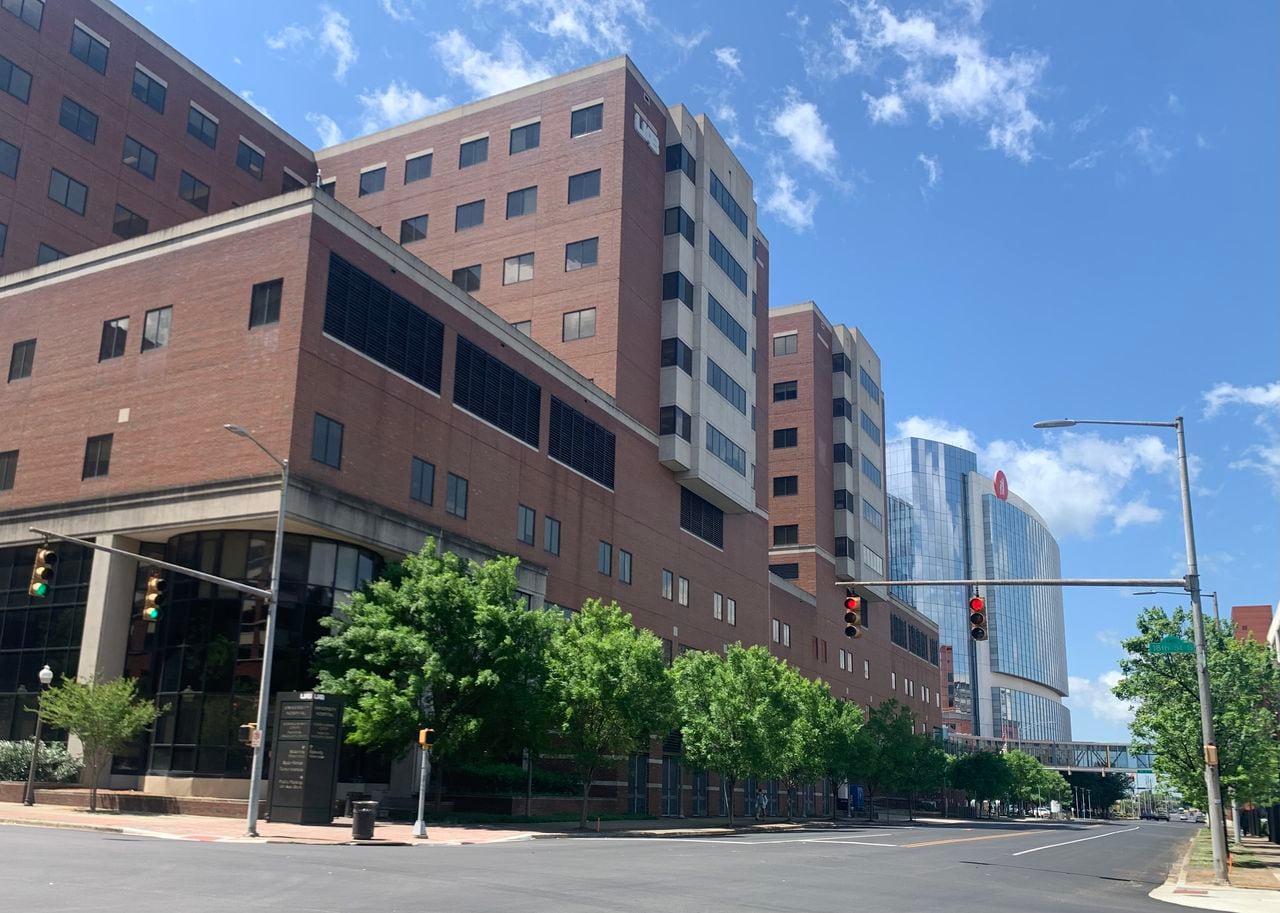Fearing prosecution, UAB pauses in vitro fertilization after Alabama embryo court ruling
The University of Alabama at Birmingham health system has paused in vitro fertilization procedures following an Alabama Supreme Court decision due to fear of criminal prosecution and lawsuits, a spokeswoman said.
A statement emailed by UAB spokeswoman Hannah Echols said they are “saddened” for patients who want to have babies through IVF. The process, which involves fertilizing eggs outside the body and then transferring embryos to the womb, accounts for about 2 percent of births in the United States, according to RESOLVE: The National Infertility Association. The UAB Division of Reproductive Endocrinology and Infertility made the move after the Alabama Supreme Court ruled that frozen embryos had the same status as children in wrongful death lawsuits.
“We must evaluate the potential that our patients and our physicians could be prosecuted criminally or face punitive damages for following the standard of care for IVF treatments,” Echols wrote in the email.
A majority of justices on the Alabama Supreme Court, in a decision released Friday, ruled that fertilized eggs and embryos have the same status as children. The opinion referred to embryos, which are often stored in cryogenic freezers, as “extrauterine children.“
There are many reasons families turn to IVF treatment. Some women may have blocked fallopian tubes that won’t allow fertilized eggs to travel to the uterus. In other cases, families can carry genes that cause fatal diseases and may want to create embryos that can be tested. In those cases, families will transfer healthy embryos and may discard or donate those that carry genetic diseases.
Medical experts warned the decision could limit access to IVF in Alabama. UAB is the first clinic to announce that it is pausing the procedure while officials evaluate potential legal consequences.
The case came about after three families in Mobile sued a fertility clinic and hospital in 2020. All three families had frozen embryos that were destroyed when a patient from the hospital walked into the storage area, removed them from a cryogenic freezer and dropped them on the ground. A circuit court judge dismissed claims of wrongful death because he said the statute did not apply to frozen embryos.
Eight judges on the Alabama Supreme Court overturned that ruling.
The Wrongful Death of a Minor Act “applies to all unborn children, regardless of their location,” wrote Alabama Supreme Court Justice Jay Mitchell. “[T]he Wrongful Death of a Minor Act is sweeping and unqualified. It applies to all children, born and unborn, without limitation. It is not the role of this Court to craft a new limitation based on our own view of what is or is not wise public policy. That is especially true where, as here, the People of this State have adopted a Constitutional amendment directly aimed at stopping courts from excluding ‘unborn life’ from legal protection.”
